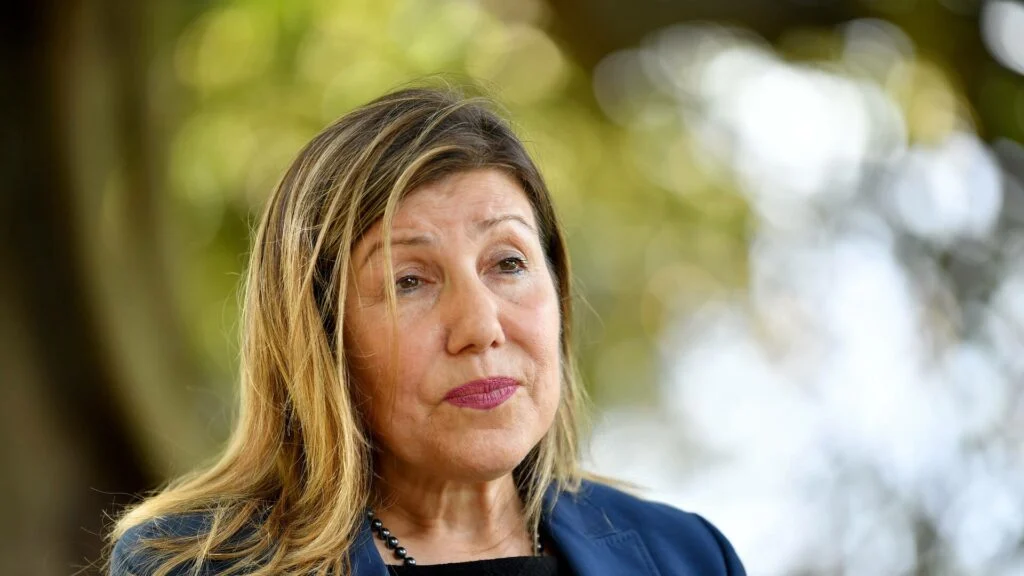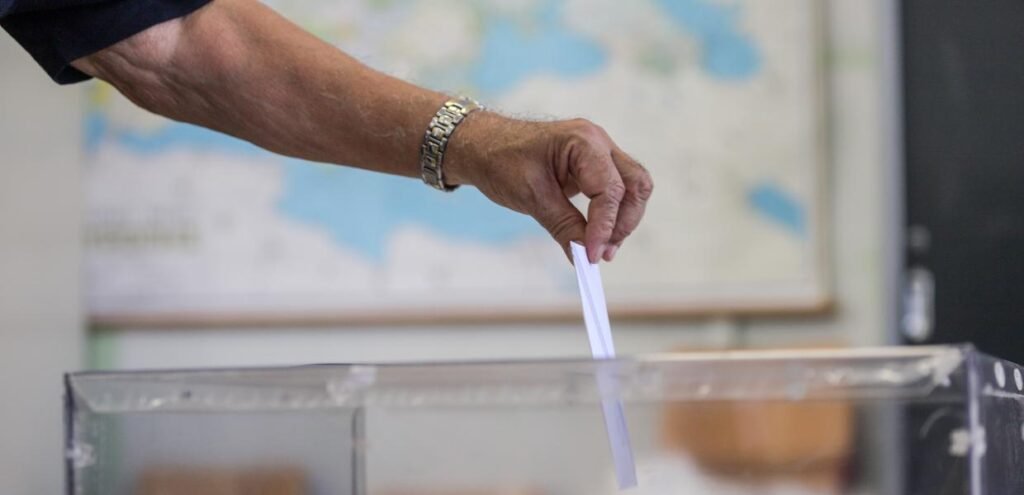Sophie Cotsis reveals NSW government’s intention to ban silica engineered stone if national agreement is not met
NSW Industrial Relations Minister Sophie Cotsis has confirmed the government will consider a statewide ban on silica engineered stone if no consensus is reached on a national level at an upcoming meeting.
This comes in the wake of a recent report from Safe Work Australia recommending a ban on this material, which is commonly found in kitchen benchtops and releases toxic silica dust.
This dust, when inhaled, can cause kidney disease, chronic obstructive pulmonary disease, and an irreversible scarring condition called silicosis.
Ms Cotsis spoke yesterday at budget estimates where she stated she would imminently attend a meeting with other state and territory governments and federal Industrial Relations Minister Tony Burke and advocate a united national ban on engineered stone.
“We will have a meeting very soon … and we’re (NSW) putting forward our position…I can certainly advise that there is a very strong mood for change,” she said.
The NSW Industrial Relations Minister went a step further and responded in the affirmative when asked by Legalise Cannabis MP Jeremy Buckingham if the NSW government would “consider a ban on engineered stone if there is not a nationally agreed consensus after the next meeting”.
Mr Buckingham also shared he was due to receive his CT scan results on Thursday that would confirm whether he was suffering from silicosis.
Ms Cotsis also stressed the need to implement policies that improves screening of workers exposed to silica dust and the removal of legacy installed engineered stone.
“We need to screen them. We need to look after these people (because families are losing these breadwinners, particularly the fathers)…You have my word, Mr Buckingham, and to everyone on this committee, we are absolutely committed,” she said.
NSW Premier Chris Minns echoed Ms Cotsis’ stance, though emphasized that while he was “prepared to take that step” of authorising a statewide ban, a national approach would stop the stone from being imported into the country.
“If you’ve got different jurisdictions that have different rules in place, (it) could be imported into Queensland, shipped over the border into NSW, and then worked on in our state now, that’s not a desirable outcome,” he said to media yesterday.
“If we can’t get a national agreement we will go it alone, but I think in the circumstances it’s reasonable to see if we can get all the states to agree first.”
This topic has come into great focus of late as hundreds of union workers took to Sydney’s CBD late last month to call for a ban on engineered stone, with Construction, Forestry, Maritime, Mining and Energy Union members also gathering outside Bunnings stores across the country in protest.
Similar protests were held across the entire country in Queensland, Victoria, the ACT, WA and SA.
Strengthened laws recently implemented in NSW have nearly tripled maximum fines for workplaces convicted of the most egregious category 1 offences under the Work Health and Safety (WHS) Laws, with maximum prison fines also being increased from five to ten years.
NSW will also establish a silica worker register to track and trace workers who have been exposed to silica to allow access early intervention and better healthcare research.
This is certainly an area of concern as, according to a report from the National Dust Disease Taskforce, nearly one in four workers exposed to silica dust from engineered stone prior to 2018 have been diagnosed with silicosis.





